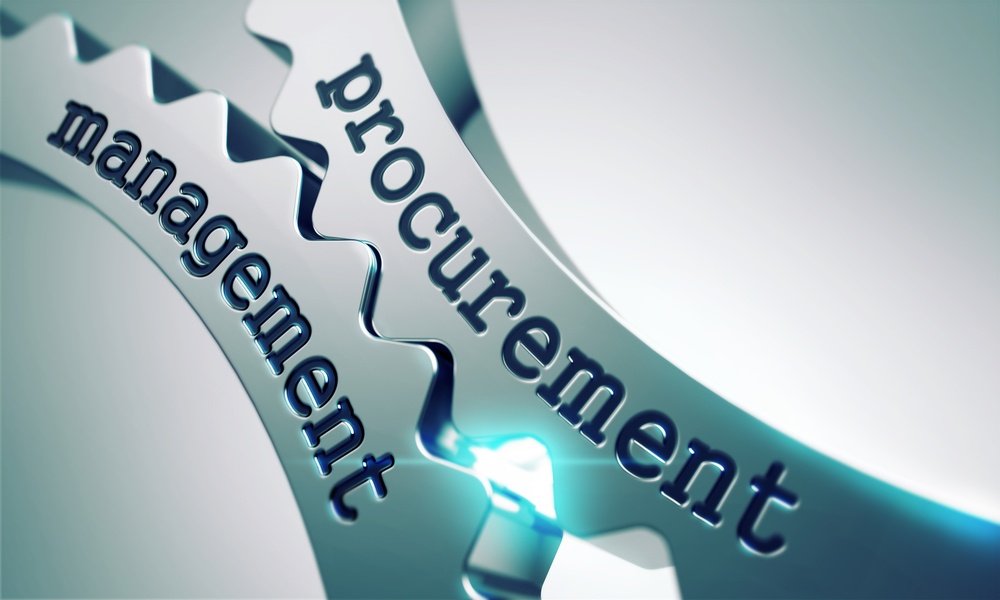
The fleet procurement process, often mistakenly viewed as easy, is in fact something more complex than the mere superficial act of acquiring everything necessary for a fleet to operate—it involves a deeper understanding of what exactly is needed, good knowledge of the fleet and the market and the ability to purchase the best assets at the most advantageous terms.
As the phases of procurement are not then as straightforward as one would expect from a superficial perspective, what important tips should we consider when designing the strategy for successful fleet procurement?
We tried to come up with 4 great tips to assist in this complex process:
1. Identify all the potential participants of the process
Any fleet procurement process involves a number of potential stakeholders. Anyone responsible for the process and/or important decision-making should engage with all relevant parties in order to gain their input (but not in order to duck their responsibility). If this is pursued properly and all variables are thoroughly considered, then all parties are more likely to be fully on-board.
If on one hand it is extremely important to have a strong vision of the future and plan well ahead for it, on the other hand it is also paramount to examine past actions so as to assess the current status of the fleet with regards to previous expenditures and historical decisions made, ideally using values systematically recorded in a fleet management system that can offer a complete view of the whole activity of a fleet.
3. Think about intelligent purchases and payments
It is sometimes a common procedure, in both big and small fleets, to actually purchase assets when funds are available or even exploit that moment to purchase items that might not be strictly necessary just because the funds are there. Purchases should not be regarded as one-off transactions, they should follow a well-defined process that is based on calculation of lifecycles, not on the actual availability of funds—if funds are available it should not be treated as an opportunity to buy more assets. If they aren’t but an asset is still necessary, you should probably look into financing options.
4. Use the Socratic paradox to improve your knowledge
For those familiar with ancient Greek philosophy and for those who aren’t, Socrates, after a lifetime of contemplation, humbly concluded that ‘what I do not know I do not think I know’, often paraphrased as ‘I know that I know nothing’. Far from being a rather useless and disappointing conclusion that undermines all learning, the statement just wants to push you into a greater awareness of your knowledge and also where you are lacking. If you understand what you do not know, you can use new resources and carry out research or ask for the help of a consultant for advice on how to handle part of your procurement process. It doesn’t necessarily have to be expensive—think about what you are going to save if you have the right input.
To learn how to create a driver orientation process, check out our blog post here.



